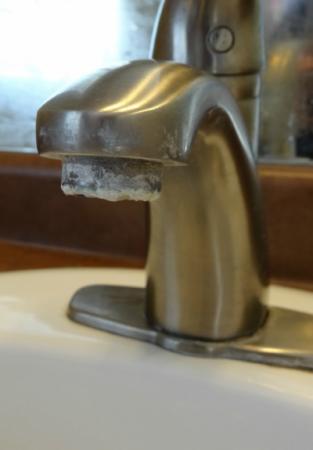- Neighborhoods
-
Community
-
- Overview History Vision Newsroom News Releases Pilot Newsletter Media Contact Projects Volunteer
- Engage Milwaukie Events City Calendar Recreation Biking in Milwaukie Parks and Trails Directory North Clackamas Parks and Recreation Reserve a Room Library
- Schools North Clackamas School District MHS Student of the Month Public Safety Police Clackamas Fire District #1 Code Compliance Emergency Preparedness Emergency Notifications Garbage & Recycling
-
- Business
- Departments
-
Useful Links
-
- Jobs Alerts & Notifications Email Subscriptions Emergency Notifications Meetings City Services A-Z Mapping & GIS
- Contact the City Staff Directory Request a Public Record Report a Code Violation Report a Pothole Report Misconduct Schedule an Inspection Documents & Forms Documents and Reports Forms, Permits, and Applications
- Helpful Links Digital Archives Library Catalog Municipal Code Purchase a Parking Permit Paperless Billing Pay a Ticket or Utility Bill Urban Forest
-
Hard Water
Hard water can be a soap scum and plumbing-fixture nuisance, it’s not dangerous. Calcium and magnesium are essential nutrients that don’t pose a public health hazard.
The white or brown build up around the faucet is calcium carbonate and small amount of other metals such as magnesium. The whiter it is the more calcium, the browner the more metals from other dissolved metals.
Water is a good solvent and as it travels through the ground it dissolves the natural occurring calcium. The calcium (hardness) is not a health hazard and is not deemed a contaminant.
Hard water is safe for drinking, cooking, and household uses.
How to deal with the hard water spots and build up on fixtures
Milwaukie water is moderately hard and in most cases is a nuisance that can dealt with by good housekeeping and following these tips:
- Hardness builds up in your hot water heater. Flush your water heater a couple times per year following the manufactures instructions.
- Dry the sink and shower areas right away. If the water is not there it cannot leave the deposits behind. This also applies to washing your hair.
- Clean tubs, showers and glass enclosure doors with phosphoric acid based cleaners to remove soap scum and water spots. Dry or squeegee when done showering. There are products designed for daily use that help prevent buildup. Always follow the manufacturers instructions and test an area first. Never use abrasive pads or cleaners containing abrasives. Once the porcelain is scratched it provides a place for the hardness to stick.
- For a homemade solution, try the following: 1. Dry the area completely. 2. Soak a rag of t-shirt type material with white distilled vinegar. 3. Pack the soaked rag around the faucet and across the buildup. Press it on and make sure there is good contact. 4. Leave in place for at least 15 minutes and add more vinegar if needed. 5. After 15 minutes, use the vinegar soaked rag and scrub the area. 6. If build up remains, go back to step 2. 7. Rinse the area with clear cold water and dry the area.
- Use a good rinse agent in your dishwasher (read your owner’s manual) and do not use the heated drying cycle.
- Check the web for more tips but be careful. Most of the information for dealing with hard water comes from companies that are selling a product. Water softeners are typically more expense and need maintenance and drive up your utility bill. Treatment systems can also impart higher levels of sodium.


